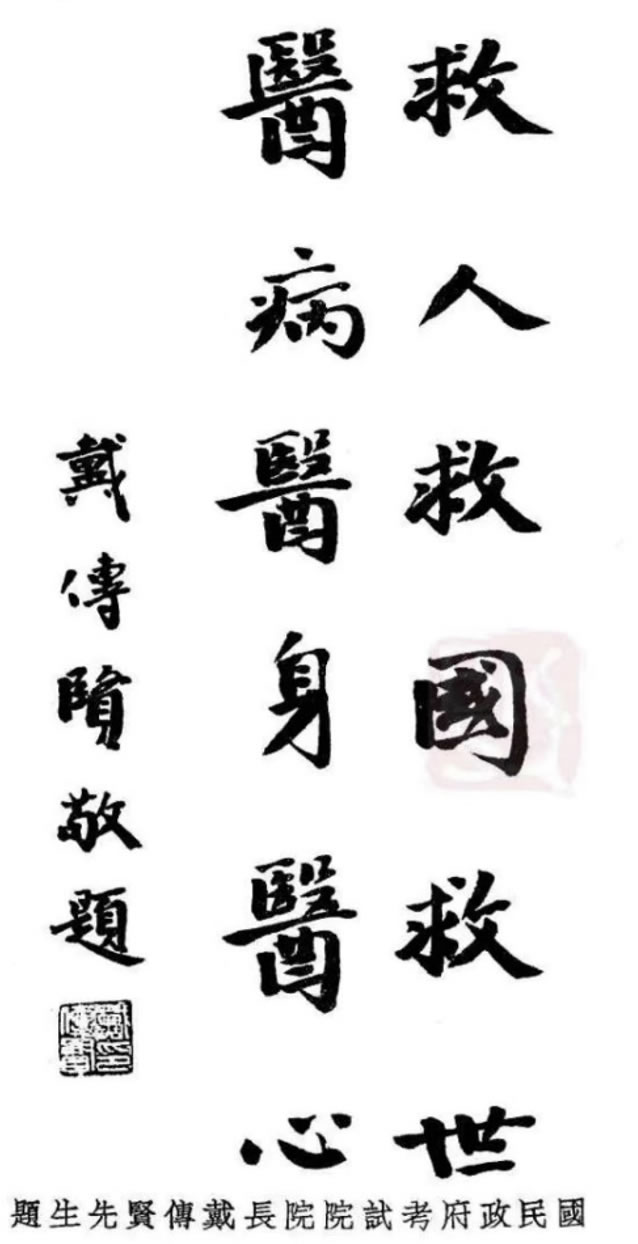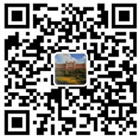College Introduction
Through the long and eventful years and the arduous yet melodious journey, Sun Yat-sen School of Medicine of Sun Yat-sen University, located on Zhongshan 2nd Road, Yuexiu District, Guangzhou City, Guangdong Province, has withstood over 150 years of vicissitudes and passed on the torch from generation to generation. Today, it has reaped fruitful results and cultivated numerous outstanding talents.
Sun Yat-sen School of Medicine has a long history. Its origin can be traced back to the Canton Hospital established by the American missionary physician Peter Parker in Guangzhou in 1835. In 1866, another American missionary, John Glasgow Kerr, built the first Western medical school in the Chinese mainland - Canton Hospital Medical School inside the Canton Hospital, pioneering Western medical education. Dr. Sun Yat-sen studied medicine here in 1886. This medical school later developed into the Medical School of Lingnan University. Meanwhile, the Guanghua Medical School established in 1908 (which later developed into Guangdong Guanghua Medical College) and the Guangdong Public Medical School founded in 1909 (which later developed into the Medical School of Sun Yat-sen University) are also the origins of medical education of Sun Yat-sen University.
In 1953, at the beginning of liberation, with the national college adjustment, the Medical School of Lingnan University and the Medical School of Sun Yat-sen University were merged to form South China Medical College. Subsequently, Guangdong Guanghua Medical College was also incorporated into South China Medical College. Since then, South China Medical College was successively renamed Guangzhou Medical College, Sun Yat-sen School of Medicine, and Sun Yat-sen Medical University, and the School of Basic Medical Sciences of Sun Yat-sen Medical University was established. Under the leadership of the famous medical educator Ke Lin, Sun Yat-sen School of Medicine actively explored the development model and talent cultivation system of socialist medical education with Chinese characteristics, gathering a number of masters and renowned experts who had great influence in the medical field at home and abroad, such as national first-class professors including Xie Zhiguang, Liang Boqiang, Chen Yaozhen, Chen Xintao, Lin Shumo, Qin Guangyu, Zhong Shifan, and Zhou Shoukai. Generation after generation of these masters and experts blazed trails, set good examples, and put theory into practice, forging the spirit of "healing diseases, taking care of patients' physical and mental health, saving the nation, the people, and the world" of Sun Yat-sen School of Medicine, forming the excellent teaching tradition of "emphasizing basic knowledge, basic skills, and basic theories; being strict in requirements, strict in organization, and strict in attitude" and the characteristics and advantages of talent cultivation of "having a solid foundation, strong abilities, and great potential" of "Sun Yat-sen School of Medicine". Sun Yat-sen School of Medicine became one of the six national key medical colleges directly affiliated with the former Ministry of Health.
In October 2001, the former Sun Yat-sen University and the former Sun Yat-sen Medical University were merged to form the new Sun Yat-sen University. With the School of Basic Medical Sciences as the main body, the new Sun Yat-sen School of Medicine was established. It is mainly responsible for the education of the undergraduate major in clinical medicine and the teaching tasks of basic medical courses for the whole university's medical disciplines, undertakes the discipline construction of basic medicine, and takes the lead in organizing the discipline construction tasks of clinical medicine. After the merger, relying on the university, Sun Yat-sen School of Medicine has inherited and carried forward the excellent teaching traditions of "Sun Yat-sen School of Medicine", adhered to the global medical education standards and the talent cultivation goal of "possessing both moral integrity and professional competence, having leadership qualities, and a sense of patriotism", implemented the outstanding physician cultivation plan and the internationalized school-running strategy, further highlighted the school-running characteristics of "emphasizing basic knowledge, basic skills, and basic theories; being strict in requirements, strict in organization, and strict in attitude; starting early in clinical practice, scientific research, and social practice" and the good brand effect of "Sun Yat-sen School of Medicine". Its education quality has always ranked among the top in China and enjoys a wide social reputation at home and abroad.

Distinctive Features in Specialty Construction
Sun Yat-sen School of Medicine has set up a total of 6 full-time undergraduate and long-term undergraduate majors. Among them, the clinical medicine major and the forensic medicine major are the construction sites of national characteristic specialties. It has 6 first-level discipline doctoral degree authorization points, 15 second-level discipline doctoral degree authorization points, and 17 second-level discipline master's degree authorization points. Pharmacology is a national key discipline, and pathogen biology is a national key cultivated discipline. It has 8 national excellent courses, including Human Parasitology, Human Anatomy, Physiology, Pharmacology, Experimental Physiological Sciences, Pathophysiology, and Forensic Pathology. There are 5 national excellent resource sharing courses, including Physiology, Pharmacology, Experimental Physiology, Parasitology, and Forensic Pathology. In addition, Pathogen Biology is a national bilingual teaching demonstration course, Rational Use of Over-the-Counter Drugs is a national excellent video open course, and Human Parasites is a brand course for international students sponsored by the Ministry of Education. The college has 3 national experimental teaching demonstration centers (national teaching platforms), namely the Basic Medicine, Clinical Skills, and Medical Virtual Simulation centers.
Discipline Construction Ranking High
The basic medicine and clinical medicine disciplines of Sun Yat-sen University are among the national "Double First-Class" construction disciplines, enjoying good discipline status and influence, and their discipline levels are in the "first echelon" in China. In the fifth round of the discipline evaluation by the Ministry of Education, both disciplines ranked among the top. According to the "2022 Best Discipline Ranking in China by Shanghai Ranking" released by Shanghai Ranking, the basic medicine discipline of our university ranked fourth among domestic higher education institutions. The latest ESI data show that the clinical medicine of Sun Yat-sen University has entered the top 0.5‰ in the ESI global ranking, and another 4 disciplines related to basic medicine have entered the top 0.5% in the ESI global ranking and are ranked 135th globally.
Gathering of Outstanding Talents
In the early days of the founding of the People's Republic of China, Sun Yat-sen School of Medicine had already gathered a number of discipline founders who were renowned both at home and abroad. After the reform and opening up, there were a number of influential discipline leaders at home and abroad, such as Xu Bingkun, Wu Xiurong, Du Chuanshu, Zhu Jiazhen, Guo Jingyuan, Lu Guangqi, Dong Jun, Hu Benrong, Chen Yici, and Ma Jianquan. In recent years, through the combination of high-end talent introduction and independent talent cultivation to build a talent echelon, outstanding talents in different fields and at different levels have been gathered. The aggregation effect of the transformation from quantitative change to qualitative change in the college's talent team has emerged. High-end talents have been gathered in research fields such as pathogen biology and tropical disease prevention and control, stem cell biology and tissue regeneration, basic research on neurological diseases and neurobiology, pathophysiological basis of cardiovascular diseases, pathophysiological basis of metabolic diseases, basic immunology and immunotherapy, and tumor immunology. A number of innovative scientific research teams and medical education teams with academic vitality, strength, and influence have initially taken shape.
Continuous Enhancement of Scientific Research Strength
Sun Yat-sen School of Medicine has always adhered to the "Four Orientations" as the guiding ideology for enhancing scientific research and innovation capabilities, focused on major frontier scientific issues, major national strategic needs, and people's health needs, aligned with the development direction of the national science and technology system reform, strengthened original basic research, and improved scientific and technological innovation capabilities. It has continuously promoted the construction of high-level scientific research platforms. Currently, the college has 1 international scientific research institution, 3 national scientific research institutions, 2 key laboratories of the Ministry of Education, and 15 other provincial and ministerial scientific research institutions. It has significantly enhanced its ability to undertake major national and local scientific research tasks and serve national strategic needs, undertaking a number of major projects such as major special projects and the National Key R&D Program. The scientific research funds in the past decade have exceeded 1.38 billion yuan, and 5 new national outstanding youth fund recipients have been added in the past two years. Scientific and technological achievements have emerged continuously. In recent years, 18 national and provincial and ministerial scientific and technological awards have been won, and more than 130 high-level papers have been published in the main journals and sub-journals of Cell, Nature, and Science.
Actively Shouldering Social Responsibilities
For a long time, Sun Yat-sen School of Medicine has actively played its medical characteristics and advantages and fully fulfilled its mission of serving society. As the only national judicial appraisal institution set up by the Ministry of Justice in colleges and universities, the Forensic Appraisal Center of Sun Yat-sen University has continuously improved the quality of forensic case examination and service level, making outstanding contributions to the country's judicial construction. Relying on high-quality platform resources, the Medical Specimen Museum has built a base for medical popular science education, carried out medical knowledge and health popular science education activities, and strived to serve the Healthy China Strategy.
Currently, Sun Yat-sen University has entered a new period of "pursuing excellence and moving towards first-class". Under the leadership of the Party Committee of the university, Sun Yat-sen School of Medicine has comprehensively implemented Xi Jinping Thought on Socialism with Chinese Characteristics for a New Era, grasped the new positioning, created a new pattern, established new concepts, continued to deepen comprehensive reforms, promoted connotative development, adhered to taking moral education and talent cultivation as the fundamental task of the college, constructed a high-level talent cultivation system for all-round development in morality, intelligence, physique, aesthetics, and labor, laid the foundation for achieving the construction goals of "providing a high-quality teaching platform for the cultivation of first-class medical talents, providing strong discipline support for first-class medical services, and providing first-class medical achievements for medical development", and fully embarked on a new journey of "Double First-Class" construction.


